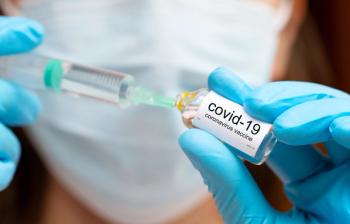
mRNA-1283 was found to elicit a higher immune response against SARS-CoV-2 than Moderna's licensed COVID-19 vaccine, mRNA-1273.

mRNA-1283 was found to elicit a higher immune response against SARS-CoV-2 than Moderna's licensed COVID-19 vaccine, mRNA-1273.

Odronextamab is being evaluated for the treatment of relapsed/refractory follicular lymphoma and diffuse large B-cell lymphoma following two or more prior lines of systemic therapy.
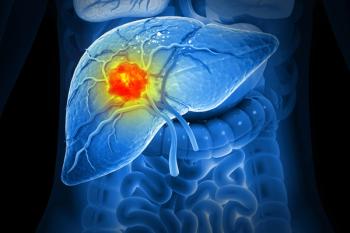
Opdivo plus Yervoy was found to produce a statistically significant and clinically meaningful overall survival improvement compared with sorafenib or lenvatinib in patients with advanced hepatocellular carcinoma.
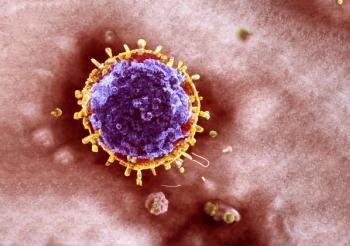
Pivotal Phase III Study 302 trial data show an objective response rate of 36.2% based on an independent review committee assessment in the treatment of relapsed/refractory cutaneous T-cell lymphoma.

Jemperli plus chemotherapy with or without adding maintenance treatment with Zejula produced a statistically significant overall survival and progression-free survival benefit in patients with primary advanced or recurrent endometrial cancer.

Keytruda plus chemoradiotherapy found to significantly improve overall survival in patients newly diagnosed with high-risk locally advanced cervical cancer.

THARROS trial investigators seek to provide first-of-its-kind evidence supporting a strategy of comprehensive cardiopulmonary risk reduction with a triple therapy in patients with chronic obstructive pulmonary disease.

Clinical trials planned for the fourth quarter of 2024 will evaluate a new multi-valent vaccine to protect against multiple types of human papillomavirus, and to analyze the efficacy and safety of a single-dose of Gardasil 9.
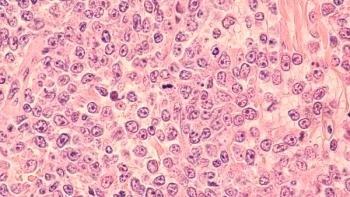
Adcetris (brentuximab vedotin) plus lenalidomide and rituximab produced statistically significant and clinically meaningful improvements in overall survival in patients with relapsed or refractory diffuse large B-cell lymphoma.
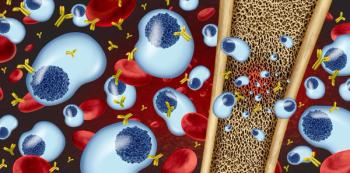
Blenrep (belantamab mafodotin) combined with pomalidomide plus dexamethasone showed favorable progression-free survival compared with standard of care in the second-line and later treatment of relapsed or refractory multiple myeloma.

Zilebesiran added to standard of care treatment for mild to moderate hypertension produced a clinically and statistically significant decrease in systolic blood pressure after three months.
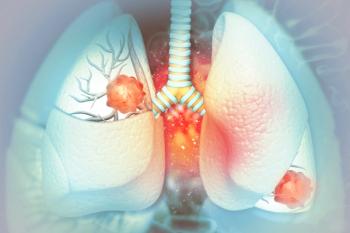
The FDA previously halted the IOV-LUN-202 trial following reports of a grade 5 serious adverse event that may have been linked to treatment with Iovance Biotherapeutics’ novel tumor infiltrating lymphocyte cell therapy LN-145, which is being evaluated in patients with advanced non–small cell lung cancer.

Zolgensma (onasemnogene abeparvovec), a one-time gene therapy, showed a clinical benefit for older and heavier patients with spinal muscular atrophy, many of whom were previously treated with another disease-modifying therapy.
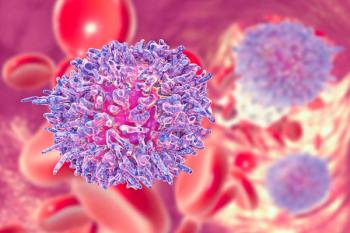
Data from a pair of Phase III trials indicated a progression-free survival and complete response advantage in favor of Brukinsa in patients with relapsed or refractory chronic lymphocytic leukemia.
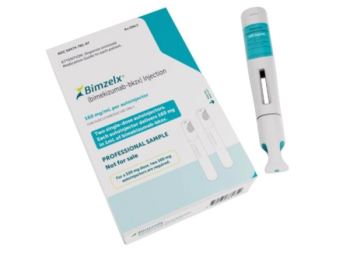
UCB seeks approval of Bimzelx (bimekizumab-bkzx) for psoriatic arthritis, non-radiographic axial spondyloarthritis, ankylosing spondylitis, and hidradenitis suppurativa.

PL9643 ophthalmic solution is a melanocortin agonist with a novel mechanism of action that produced a clinically meaningful and statistically significant reduction in pain associated with dry eye disease.
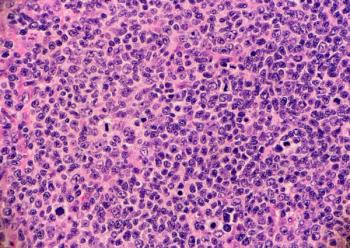
Epkinly (epcoritamab-bysp), subcutaneously administered, T-cell engaging, IgG1-bispecific antibody, was previously granted Breakthrough Therapy Designation for the treatment of patients with relapsed or refractory follicular lymphoma.
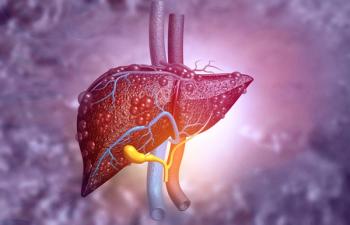
Survodutide produced a statistically significant improvement in metabolic dysfunction-associated steatohepatitis among 83% of those administered the drug compared to 18.2% of those given a placebo.
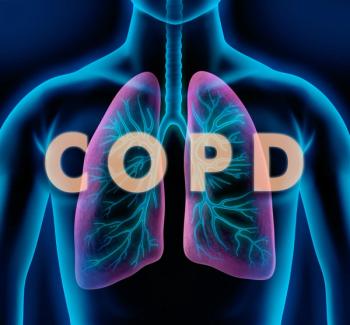
Trial data show Dupixent rapidly and significantly improved lung function compared to placebo in adults with uncontrolled chronic obstructive pulmonary disease with type 2 inflammation.
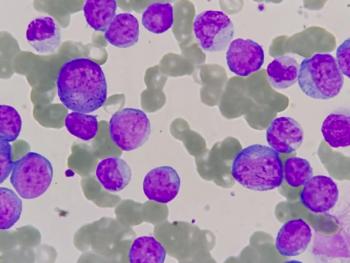
Ocifisertib has shown significant single-agent activity in both solid and liquid tumors.
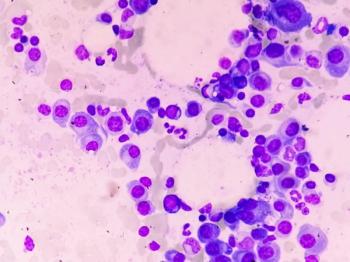
The Phase I/II MajesTEC-1 trial (NCT03145181; NCT04557098) evaluated Tecvayli (teclistamab-cqyv) at a reduced dose of 1.5 mg/kg administered every two weeks in patients with relapsed/refractory multiple myeloma.

Data from the pivotal, global, randomized, double-blind, placebo-controlled, Phase III INDIGO trial show statistically significant and clinically meaningful progression-free survival for vorasidenib treating IDH-mutant gliomas.

Trial findings show Krazati (adagrasib) plus cetuximab was well tolerated with promising clinical activity among pretreated patients with locally advanced or metastatic colorectal cancer harboring a KRASG12C mutation

Results from the randomized, multicenter, open-label, Phase III FLAURA 2 trial show Tagrisso plus chemotherapy delayed disease progression by nearly nine additional months in adults with locally advanced or metastatic epidermal growth factor receptor-mutated non-small cell lung cancer.

Amtagvi (lifileucel) is a personalized, one-time therapeutic option for adult patients with unresectable or metastatic melanoma who received prior treatment with a PD-1 antibody, and in patients who are BRAF V600-positive, a BRAF inhibitor with or without a MEK inhibitor.

In clinical trials, Xolair was found to significantly increase the amount of peanuts, milk, egg, and cashew that it takes to trigger an allergic reaction in participants with food allergies.

Single-arm, open-label, multicenter, non-randomized, multicohort Phase II VISION trial (NCT02864992) of Tepmetko (tepotinib) for metastatic non–small cell lung cancer shows favorable objective response rate.

There were no safety or efficacy issues identified in the FDA's complete response letter for Lymphir, with no additional trials required.

Trials of Augtyro are ongoing for this tumor-agnostic indication, which could provide a durable treatment option for patients with NTRK-positive disease.
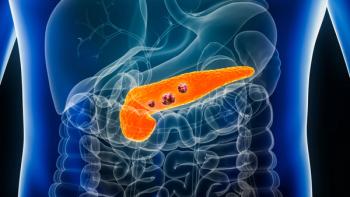
The Onivyde combination was evaluated in the open-label, multicenter, randomized Phase III NAPOLI 3 trial, showing significantly improved overall survival in patients with metastatic pancreatic adenocarcinoma.